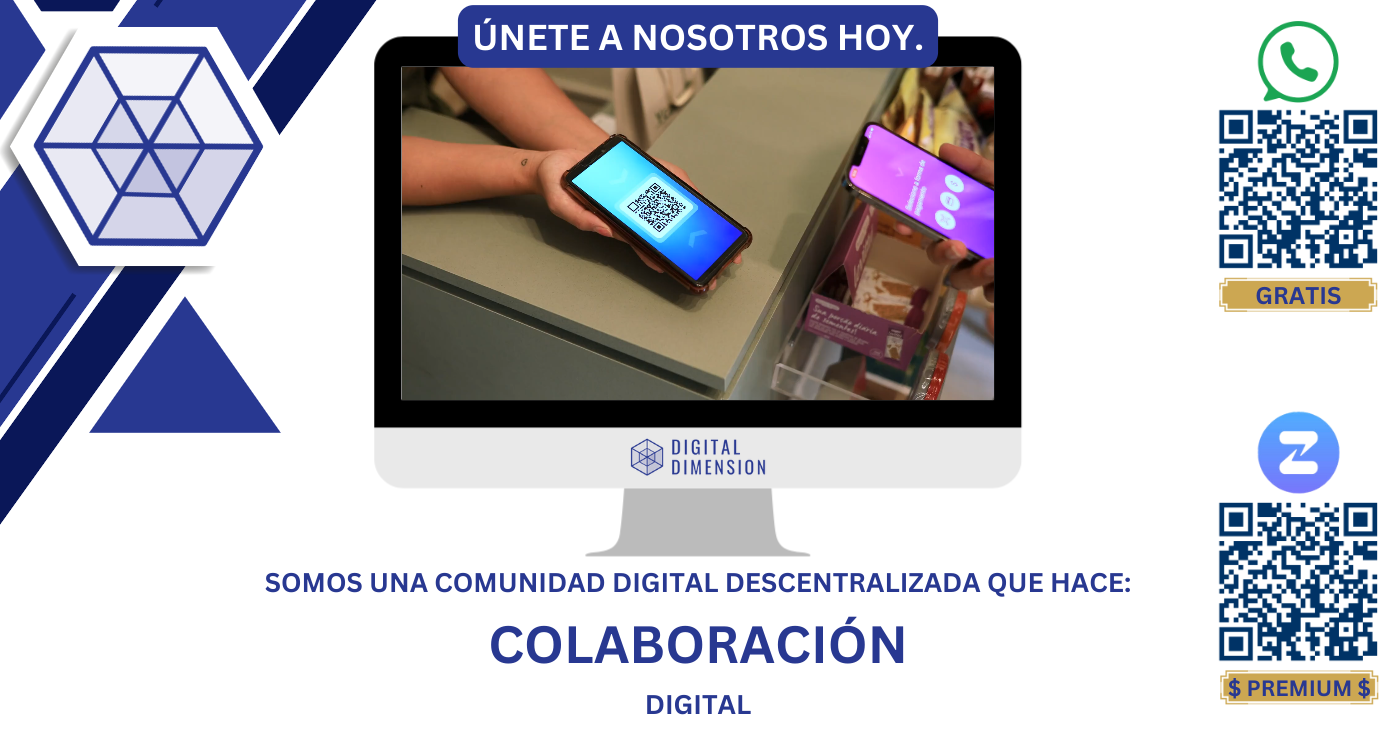Welcome back, dedicated business owners and professionals! In our continuing exploration of the world of digital assets and blockchain technology, we’ve been unpacking the story of Ripple and XRP, highlighting its origins in the OpenCoin project and the role of open source technology in revolutionizing commerce. Today, we’re going to focus on an often-overlooked but crucial component of the Ripple ecosystem: the integrated decentralized exchange.
The Ripple Decentralized Exchange (DEX)
One of Ripple’s unique features is its built-in decentralized exchange, known as Ripple DEX. Unlike traditional exchanges, which are centralized and governed by a single authority, Ripple DEX is an open marketplace directly integrated into the Ripple protocol. It allows users to trade XRP, issue and transfer other digital assets, and even trade traditional fiat currencies in a decentralized manner.
Key Features of Ripple DEX
Ripple DEX has several unique characteristics that differentiate it from both traditional exchanges and many other decentralized exchanges:
1. Direct Integration: Ripple DEX is not a separate platform or app; it is built directly into the Ripple network, allowing seamless trading and transfers within the Ripple ecosystem.
2. Asset Versatility: On Ripple DEX, users can issue, transfer, and trade not just XRP, but any kind of digital asset, including tokens representing traditional fiat currencies.
3. Order Book and Pathfinding: Ripple DEX includes a built-in order book for trades and an algorithm that finds the best trade path for a transaction, enhancing the efficiency of trades and transfers.
4. Security: As with other decentralized exchanges, users retain control over their private keys when using Ripple DEX, increasing security and reducing the risk of loss from exchange hacks.
5. Speed and Cost: Like other transactions on the Ripple network, trades on Ripple DEX settle quickly, and transaction costs are low.
Ripple DEX and the Future of Commerce
The integrated decentralized exchange within the Ripple network provides several advantages for businesses:
1. Efficiency: By enabling fast, direct transfers of value, Ripple DEX can help businesses streamline their operations, reduce transaction times, and lower costs.
2. Flexibility: The ability to issue and trade a wide range of digital assets opens up new opportunities for businesses to innovate and find new ways to create value.
3. Security: The decentralized nature of Ripple DEX can provide businesses with greater confidence in the security of their transactions and digital assets.
4. Open Access: As part of a global, open-source network, Ripple DEX gives businesses the ability to engage with markets worldwide, broadening their reach and potential.
The integration of a decentralized exchange within the Ripple network is a testament to the revolutionary potential of blockchain technology in reshaping the future of commerce. As we continue our journey into this evolving digital frontier, it’s crucial for business owners and professionals to stay informed about these developments and consider how they might impact your operations and strategies.
Stay tuned as we dive deeper into the world of digital assets, blockchain technologies, and their transformative impact on the business landscape. The future of commerce is decentralized, and the possibilities are endless.

